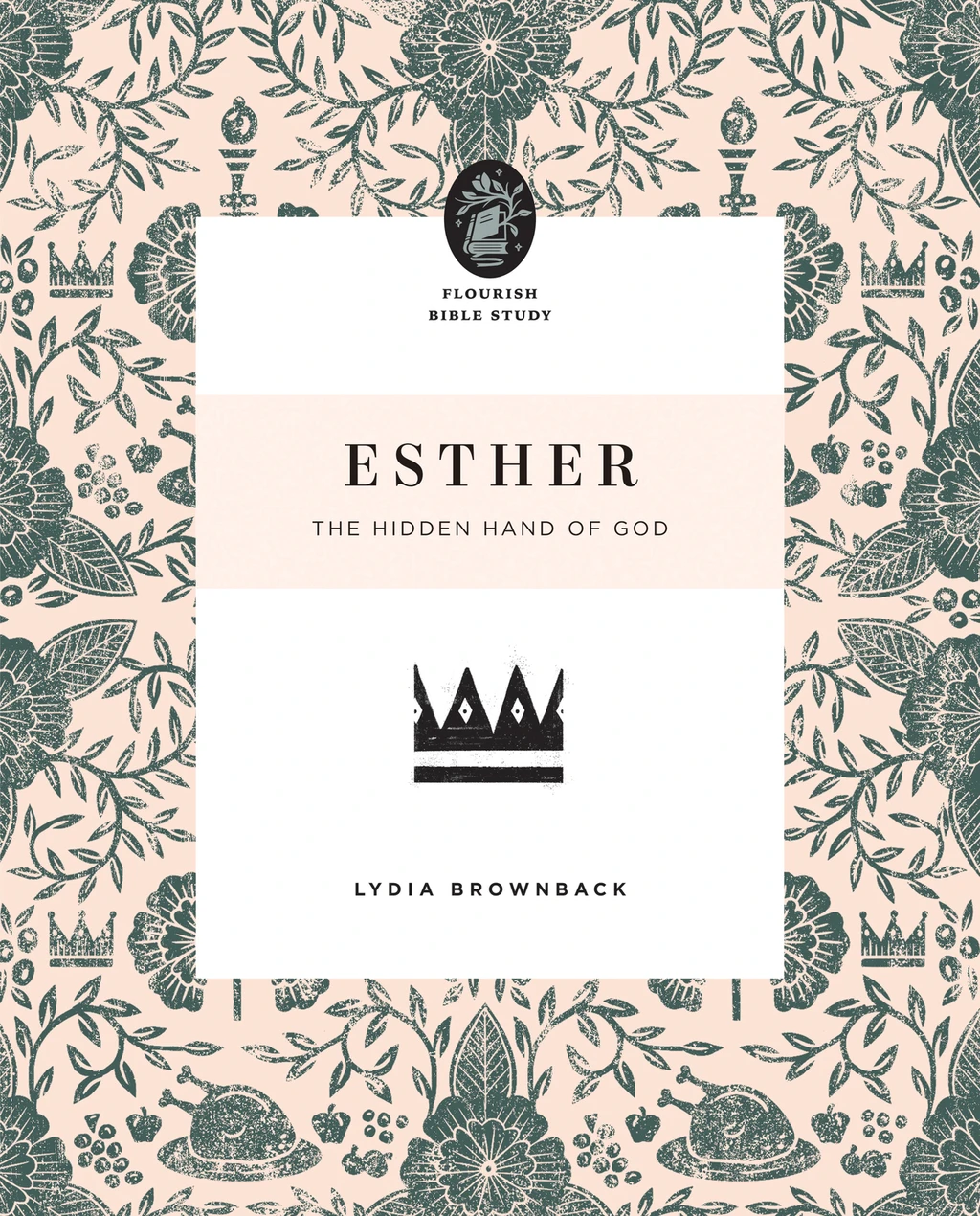
Lydia Brownback
Reviewed by: Laurie Tricarico
Esther: The Hidden Hand of God, by Lydia Brownback. Crossway, 2020. Paperback, 128 pages, $14.99. Reviewed by OP member Laurie Tricarico.
“Once upon a time in a land far away, there was a girl. . .” Most fairy tales begin this way, don’t they? And the girl grows up to marry the prince and become the queen. That’s the way it is with fairy tales. Sadly, though, such stories are only fiction. Yet don’t we wish they were true? If only every young girl became royalty and lived happily ever after.
In the Bible, the book of Esther reads much like a fairy tale. There is a queen, a king, a villain, and a hero. Yet Esther is not a fairy tale, as Lydia Brownback’s workbook, Esther: The Hidden Hand of God, makes clear. Intended for women’s individual or group use, the workbook guides the reader through a refreshing ten-week study of this familiar Old Testament book. It helps us to understand the true story of a real young girl who grew up to be queen, a story not made up, but set in history and part of the written revelation of God.
Because of Brownback’s conversational teaching style, as well as the helpful timelines, charts, lists, and sidebars, we are led by insightful questions into a deeper understanding of the Scriptures. The true character and identity of each of the central figures in the story is revealed: a young Jewish queen, a self-focused king, a politically ambitious villain, and a humble, God-fearing hero. We learn more about the lives of the Jews who resided in the exotic Persian city of Susa two generations after the first Jewish exiles had returned to Israel. Yet, the life of the contemporary Christian is brought into focus by the story, as well. As God’s people live comfortable lives in a pagan culture, it can become easy to forget God, especially when his hand may appear hidden.
While God is never mentioned in the book of Esther, he is most certainly the central figure. It is he who placed Esther in her position as queen “for such a time as this” (Esther 4:14), and who, through his providential acts, shows himself to be the God of reversals, the God who is faithful to his promises and saves his people. Above all, the story of Esther points the reader to Jesus Christ and his gospel, exposing “the need for a better deliverer, a better king, and a better kingdom than any we find in this world” (18).
December 14, 2025
December 07, 2025
November 30, 2025
November 23, 2025
November 16, 2025
November 09, 2025
November 02, 2025
© 2025 The Orthodox Presbyterian Church